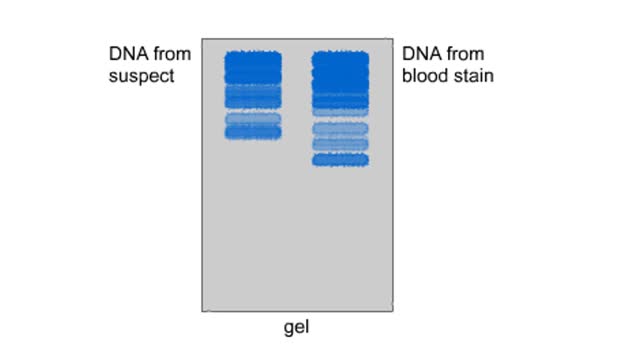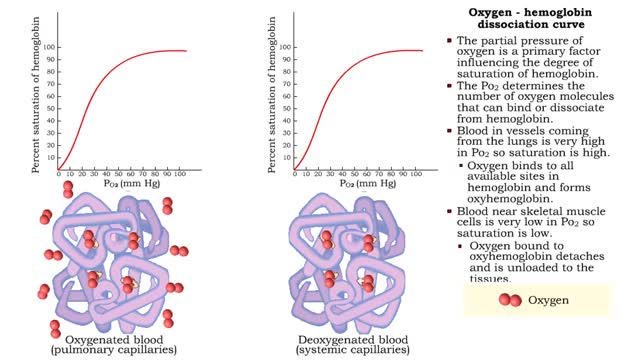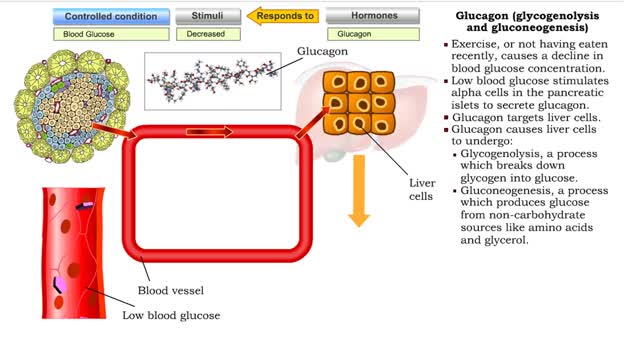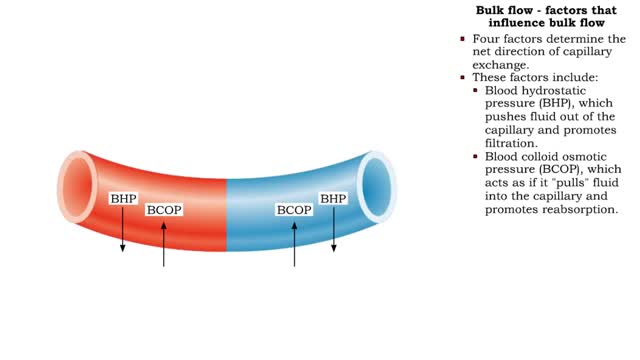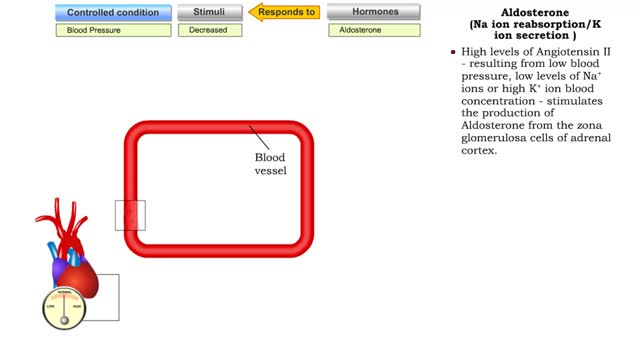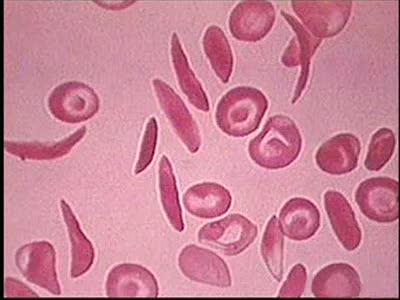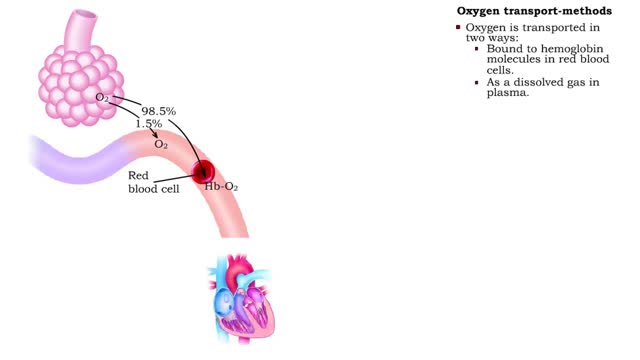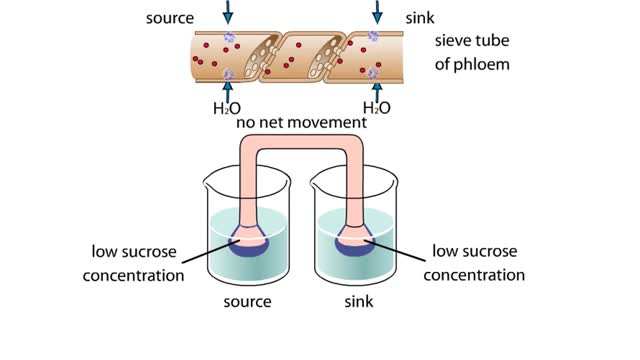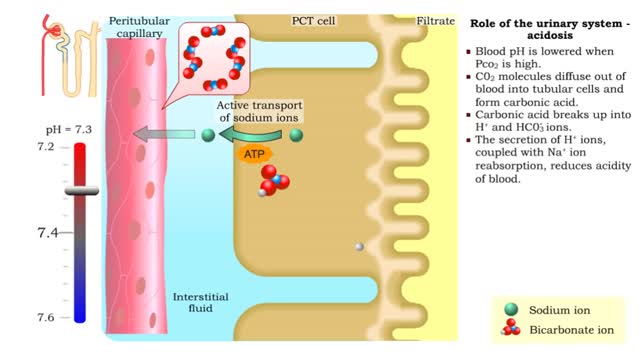Search Results
Results for: 'Veins store blood'
By: HWC, Views: 7417
DNA fingerprinting enables a scientist to compare the DNA from two biological samples, such as a blood stain and a suspect's blood. A restriction enzyme is added to the samples to be compared. The enzyme cuts the DNA into smaller fragments. The DNA fragments are placed on an electrophor...
Oxygen - hemoglobin dissociation curve & Hemoglobin's affinity with oxygen - acidity
By: HWC, Views: 11147
• The partial pressure of oxygen is a primary factor influencing the degree of saturation of hemoglobin. • The Po2 determines the number of oxygen molecules that can bind or dissociate from hemoglobin. • Blood in vessels coming from the lungs is very high in Po2 so saturation is high. ...
Glucagon (glycogenolysis and gluconeogenesis)
By: HWC, Views: 10362
• Exercise, or not having eaten recently, causes a decline in blood glucose concentration. • Low blood glucose stimulates alpha cells in the pancreatic islets to secrete glucagon. • Glucagon targets liver cells. • Glucagon causes liver cells to undergo: • Glycogenolysis, a proce...
Bulk flow - factors that influence bulk flow
By: HWC, Views: 10129
• Bulk flow helps regulate the relative volumes of blood and interstitial fluid. • Flow from blood to interstitium is called filtration. • Flow from interstitium to blood is called reabsorption. • Four factors determine the net direction of capillary exchange. • These factors in...
Atrial natriuretic peptide (vasodilation) & Aldosterone
By: HWC, Views: 10249
• Certain situations will cause the body's stress level to rise. • increased blood pressure will stretch the atria of the heart, stimulating the secretion of atria natriuretic peptide (MP). • ANP causes muscle cells in blood vessels to relax. • Blood pressure is lowered as a result ...
Introduction to Sickle Cell Anemia
By: Administrator, Views: 13999
Sickle cell anemia (sickle cell disease) is a disorder of the blood caused by an inherited abnormal hemoglobin (the oxygen-carrying protein within the red blood cells). The abnormal hemoglobin causes distorted (sickled appearing under a microscope) red blood cells.
Oxygen transport - methods and oxyhemoglobin
By: HWC, Views: 10376
• The blood is the medium used for gas transport throughout the body. • Oxygen is only available in the lungs. Because the partial pressure of oxygen is higher in the alveoli than in the blood, oxygen diffuses into the blood and is transported to systemic cells. • At the tissues the par...
By: HWC, Views: 9814
This apparatus of beakers A and funnels simulates the flow of a sucrose solution in the phloem of a plant. The funnels and connecting tube represent a sieve tube of the phloem. Differentially permeable membranes cap the funnels at the source and sink ends, allowing water, but not sucrose, to cros...
Role of the urinary system - acidosis and alkalosis
By: HWC, Views: 10683
• Tubular cells of the proximal convoluted tubule and collecting tubules can alter filtrate pH and therefore blood pH. • These cells can affect blood pH with two coupled mechanisms: • Reabsorption of bicarbonate ions. • Secretion of hydrogen ions. • The reabsorption of bicarbonate...
Advertisement



